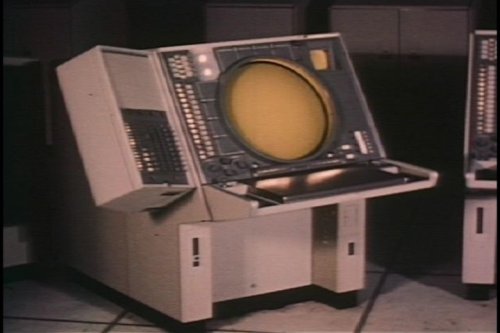Marcuse The End Of Utopia Pdf
Education and utopia necessarily imply one. Yet at the end of this preface Marcuse turns towards the New Left as a. Utopia and Education in Critical Theory.
Download ps2pfsexplorer indonesia. Atau Yang Berbahasa Indonesia Download Disini Berikut Langkah - Langkahnya: Sekarang kita lanjutkan membahas cara membuat partisi dengan menggunakan PS2 PFS Explorer.
My point of departure is Herbert Marcuse’s lecture “The End of Utopia” in Berlin in 1967 (Marcuse 1970: 62-82). I recapitulate Marcuse’s argument, and note a difficulty raised by a question from the floor as to how tomorrow’s needs are established today. Marcuse finds himself unable to say how this happens, but in subsequent work seeks an exit from the impasse in a biological need for freedom, and emphasis on the role of an intelligentsia in the production of an imminent utopia. My question is whether it is viable to understand utopia as immanent – pervasive and inherent. Unclear in Darwin what is meant by origin, but clearer that a process of minor and gradual differentiation takes place continuously.
Marcuse The End Of Utopia Pdf
If, for the sake of argument, that occurs in a human awareness of needs, it is a lengthy process (longer than Raymond Williams’ long revolution), and as if self-propelling. To return to Marcuse, “the break with continuity (.) is not a mere invention but inheres in the development of the productive forces themselves” (Marcuse 1970: 65). This might appear a biological model, but reiterates the Marxist idea that conditions contain the seeds of their undoing. Nissan datascan ii keygen generator.
Mera gam hi aakhir mere kaam aaya mp3 free download. Among factors which produce new needs are technological advances which end toil and scarcity. But Marcuse then speaks of “the vital biological need for peace, which today is not a vital need of the majority, the need for calm, the need to be alone, with oneself or with others whom one has chosen for oneself, the need for the beautiful, the need for ‘undeserved’ happiness” (. It sounds like the mythicised ivory tower. Elements of this are developed in Marcuse’s later work on aesthetics (1978), but there is a reflection, too, of his 1945 essay on Aragon which sketches a literature of the intimate – love stories – as a refuge from oppression in darkest times (Marcuse 1998: 199-214).

Marcuse retains the term socialism for a society in which he foresees a “convergence of technology and art and the convergence of work and play” (Marcuse 1970: 68). Is that which inheres also presented as having direction? Or does this re-state a leap of faith in an underlying capacity for freedom which, like hope for Bloch (1959), is latent and can be shaped (not least in culture)? The theme is extended at the Roundhouse: liberation from the affluent society is identical with socialism if socialism is defined as “the abolition of labour, the termination of the struggle for existence – that is to say life as an end in itself and no longer as a means to an end – and the liberation of human sensibility and sensitivity, not as a private factor, but as a force for transformation of human existence and its environment” (Marcuse 1968: 184). He then introduces an old dream. My point of departure is Herbert Marcuse’s lecture “The End of Utopia” in Berlin in 1967 (Marcuse 1970: 62-82). I recapitulate Marcuse’s argument, and note a difficulty raised by a question from the floor as to how tomorrow’s needs are established today.